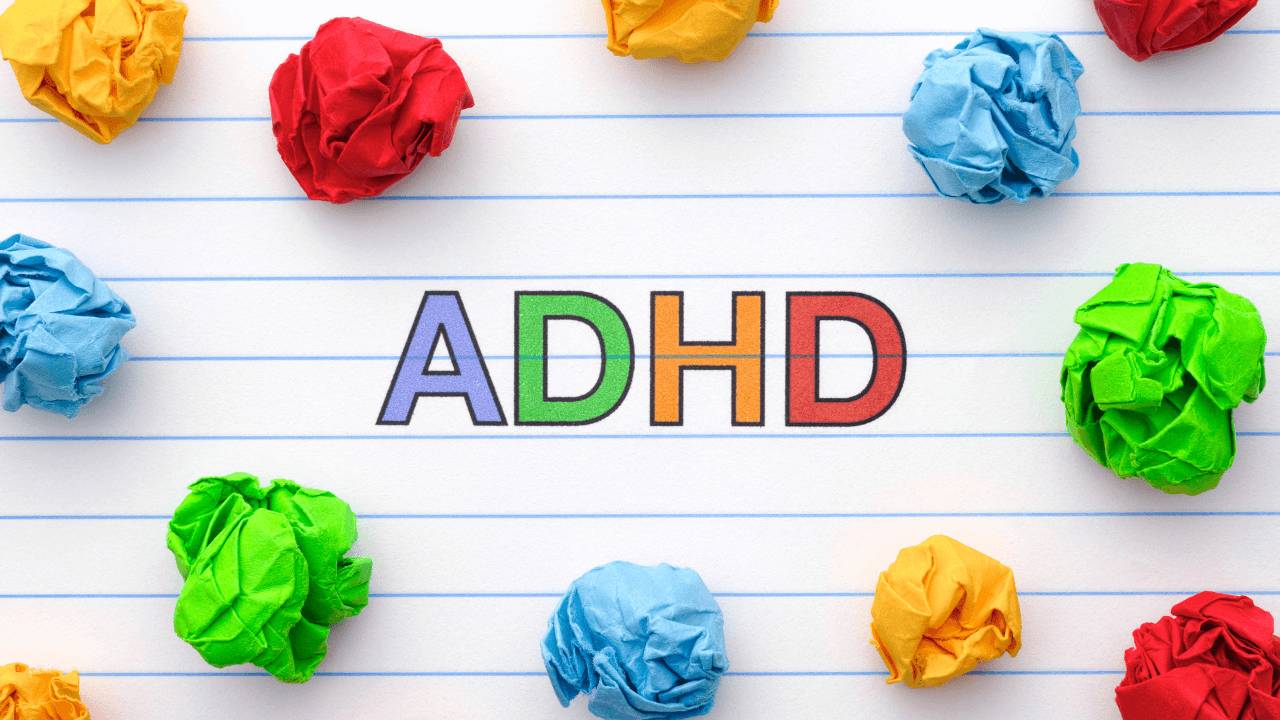The Hidden Struggles of ADHD: What Your Center Might Be Missing
Aug 12, 2024
When caring for children, it’s essential to understand that not all brains are wired the same. Some children may think, learn, and behave differently due to neurodivergence. Among these, Attention Deficit Hyperactivity Disorder (ADHD) is one of the most common forms. However, ADHD is often misunderstood, especially when it comes to the critical role of executive function skills.
What is ADHD Really About?
ADHD is more than just a child being inattentive or hyperactive. It’s a neurodevelopmental disorder that significantly impacts executive function skills—those essential mental processes that help us plan, focus, remember instructions, and manage multiple tasks.
The term “Attention Deficit Hyperactivity Disorder” can be misleading. It suggests that the primary issue is a lack of attention or hyperactivity, but this doesn’t fully capture the challenges these children face. The reality is that children with ADHD are often delayed in their executive function skills by up to 30% compared to their typically developing peers. This means that a 10-year-old with ADHD may have the executive function skills of a 7-year-old, which affects every aspect of their daily life.
Breaking Down Executive Function Skills
Understanding ADHD requires understanding executive function skills, which are crucial for a child's ability to navigate the world effectively. Let’s explore some of the key areas where children with ADHD may struggle:
-
Working Memory:
- What it is: Working memory allows children to hold and manipulate information in their minds over short periods.
- How ADHD affects it: A child with ADHD may struggle to remember instructions, keep track of tasks, or recall what was just said. This can lead to incomplete assignments, difficulty following multi-step directions, and frustration in group activities.
-
Inhibitory Control:
- What it is: Inhibitory control helps children think before they act, resist impulsive behaviors, and stay focused on tasks.
- How ADHD affects it: Children with ADHD often act impulsively, blurting out answers or interrupting others. They may have trouble waiting their turn and can be easily distracted by their surroundings, making it hard to stay on task.
-
Cognitive Flexibility:
- What it is: Cognitive flexibility is the ability to shift attention between tasks or adapt to new rules and expectations.
- How ADHD affects it: Transitions can be particularly challenging for children with ADHD. They may become easily frustrated when plans change or when they’re asked to move from one activity to another, especially if they’re deeply engaged in something they enjoy.
-
Planning and Prioritization:
- What it is: Planning and prioritization involve setting goals, making decisions, and organizing actions to achieve those goals.
- How ADHD affects it: A child with ADHD might struggle with organizing tasks, determining what’s important, or completing assignments on time. They may need extra support in breaking down tasks into manageable steps and staying on track.
-
Self-Monitoring:
- What it is: Self-monitoring is the ability to assess one’s own performance and behavior in real-time.
- How ADHD affects it: Children with ADHD may not realize when they’re off-task or making errors. They may also have difficulty recognizing how their behavior affects others, which can impact their social interactions and relationships with peers.
Supporting Children with ADHD Through Executive Function Development

Recognizing the executive function challenges associated with ADHD is key to providing effective support. Here are some strategies that can help:
-
Visual Supports and Checklists: Provide visual reminders of tasks and routines. Checklists can help children track what needs to be done, giving them a sense of accomplishment as they check off completed items.
-
Clear, Step-by-Step Instructions: Break down tasks into smaller, more manageable steps. Ensure that instructions are clear, and give children time to process each step before moving on to the next.
-
Structured Environments: Create a consistent environment where routines are predictable. This reduces the cognitive load on children with ADHD and helps them focus on what they need to do.
-
Practice Flexibility: Gently introduce changes in routine and encourage children to adapt. Use games or activities that require children to switch tasks or rules to build cognitive flexibility.
-
Positive Reinforcement: Regularly acknowledge and praise efforts to use executive function skills. Reinforcing positive behavior can boost a child’s confidence and encourage the development of these critical skills.
-
Collaboration with Parents: Share insights with parents about their child’s executive function challenges and strategies that work in the childcare setting. Consistency between home and childcare can significantly benefit the child’s development.
ADHD is about more than just being hyperactive or inattentive. It’s deeply connected to delays in executive function skills, which are crucial for a child’s success in everyday life. Understanding these challenges and implementing supportive strategies can make a world of difference in the life of a child with ADHD.
By focusing on executive function skills, you can help these children develop the tools they need to navigate their world more effectively, setting them up for a brighter future. Remember, your support and understanding are key to unlocking their potential.





